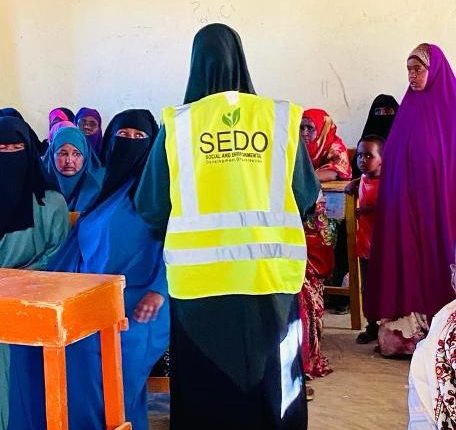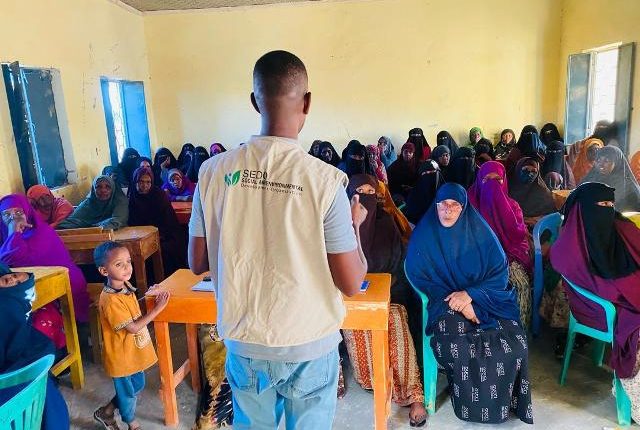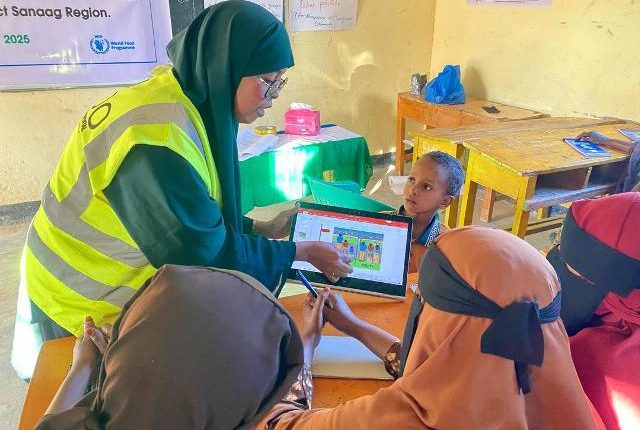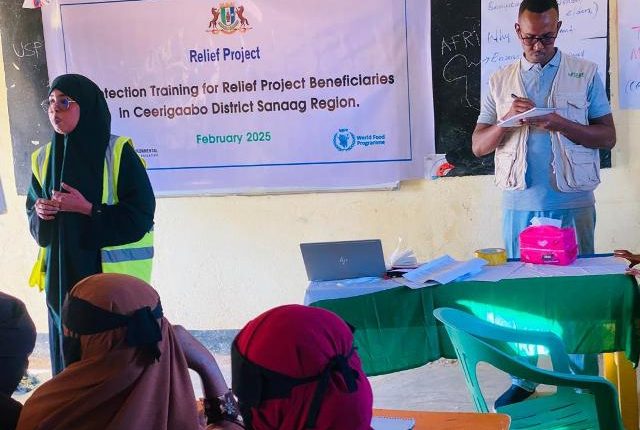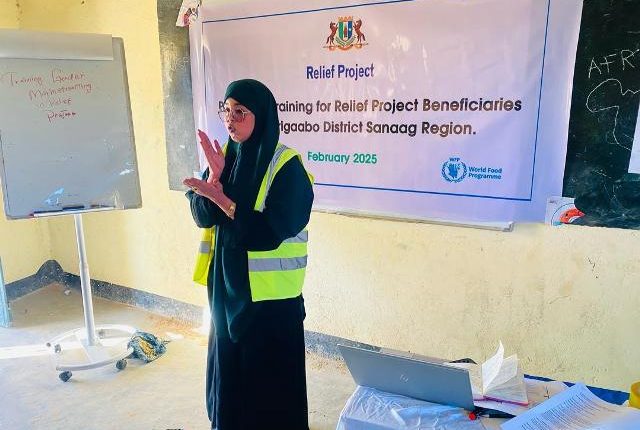Ceelbuh, Somalia – The Social Environmental Development Organization (SEDO) Somalia has successfully conducted a comprehensive training session in the city of Ceelbuh, Sanaag region, focusing on gender mainstreaming in relief projects. The initiative aimed to enhance the capacity of humanitarian workers and community leaders to integrate gender perspectives into emergency and development programs effectively.
The training brought together representatives from local NGOs, government agencies, and community organizations to discuss strategies for ensuring gender inclusivity in humanitarian response efforts. Facilitators emphasized the importance of addressing the specific needs of women, men, and vulnerable groups to promote equitable access to aid and resources.
During the session, participants engaged in interactive discussions and case studies, highlighting the challenges and best practices for gender-sensitive programming. The training also covered topics such as gender-based violence prevention, women’s participation in decision-making, and the role of cultural awareness in gender mainstreaming.
Speaking at the event, Mohamed Abdullahi a SEDO Somalia representative underscored the organization’s commitment to fostering inclusive development approaches.
“Ensuring that gender considerations are embedded in relief projects is crucial for achieving sustainable impact. This training is part of our broader efforts to build the capacity of local actors in implementing gender-responsive initiatives,” Abdullahi said.
Participants expressed appreciation for the knowledge gained and stressed the need for continued efforts in promoting gender equality in humanitarian interventions.
“This training has equipped us with practical tools to ensure that our programs are more inclusive and responsive to the diverse needs of our communities,” said one of the attendees.
SEDO Somalia continues to play a vital role in advocating for gender-sensitive humanitarian practices across the country. The organization plans to conduct similar training sessions in other regions to further strengthen the integration of gender considerations in relief and development projects.

